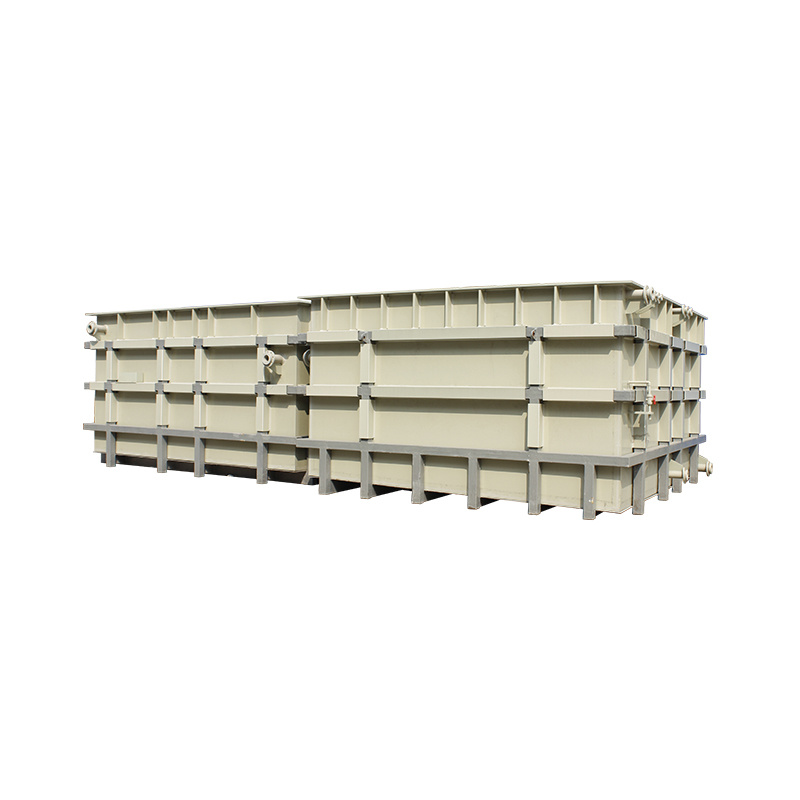Exploring the Versatility and Benefits of PP Board in Plastics Industry
2025-07

One of the primary benefits of PP board is its ability to be easily fabricated. The material can be cut, shaped, and welded, allowing for a wide range of applications. It is often used in the production of containers, displays, and partitions. In the construction industry, PP boards serve as excellent alternatives to traditional materials due to their lightweight property and ease of installation. This can lead to reduced labor costs and improved project timelines.
Moreover, PP board is known for its excellent chemical resistance. This quality makes it ideal for use in laboratories, chemical processing plants, and even food packaging, where exposure to various substances is common. Unlike other materials that might degrade or react negatively when in contact with chemicals, PP board remains stable and maintains its structural integrity.
Another significant advantage of PP board is its recyclability. As sustainability becomes increasingly important, the use of recyclable materials is a key consideration for businesses. PP board can be recycled and repurposed, reducing waste and promoting environmental responsibility. This makes it a preferred choice for companies looking to minimize their ecological footprint while still maintaining high-quality standards for their products.
In addition to its practical applications, PP board also offers aesthetic flexibility. It can be produced in various colors and finishes, allowing businesses to customize their products to meet specific branding needs. This versatility enables companies to create visually appealing designs without compromising on functionality.
The applications of PP board extend beyond commercial use. In the educational sector, it is often utilized for display boards, teaching aids, and art projects, owing to its lightweight and easy-to-handle characteristics. Its durability ensures that it can withstand wear and tear, making it an excellent choice for environments where longevity is crucial.
In conclusion, PP board is a remarkable material that presents a multitude of benefits across various industries. Its durability, chemical resistance, lightweight nature, and recyclability make it an attractive option for businesses looking to enhance their operations and reduce their environmental impact. As the demand for innovative and sustainable materials continues to grow, the significance of PP board in the plastics industry is likely to increase, offering a promising future for its applications.
Previous Page:
RELATED INFORMATION
Exploring the Versatility and Benefits of PP Board in Plastics Industry
Polypropylene (PP) board, also known as polypropylene sheet, is a type of plastic material that has gained significant popularity in various industries, including construction, packaging, and manufacturing. It is made from a thermoplastic polymer, which is known for its durability, lightweight nature, and versatility. One of the most notable features of PP board is its resistance to chemicals, moi
PE Rods in Electrical Applications: Ensuring Safety and Maximizing Efficiency
PE Rods in Electrical Applications: Ensuring Safety and Maximizing Efficiency Table of Contents 1. Introduction to PE Rods 2. What are PE Rods? 3. Key Properties of PE Rods 4. Safety Aspects of PE Rods in Electrical Applications 5. Efficiency and Performance of PE Rods 6. Applications of PE Rods in the Electrical Industry 7. Compliance and Industry Standards for PE Rods 8. Best Pr


